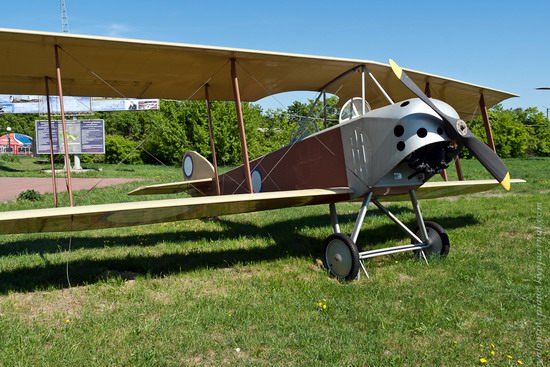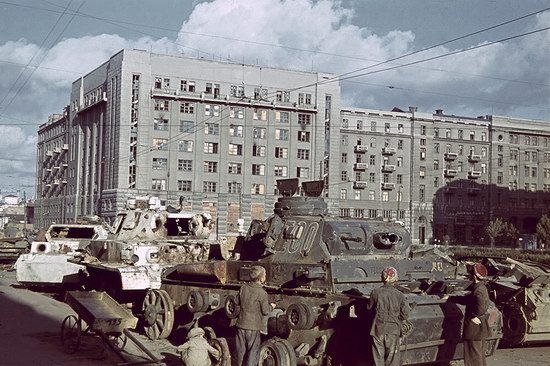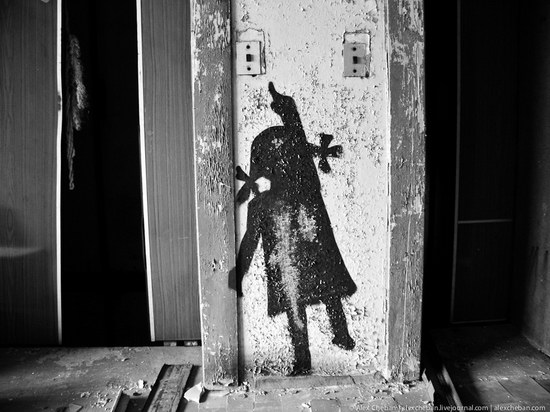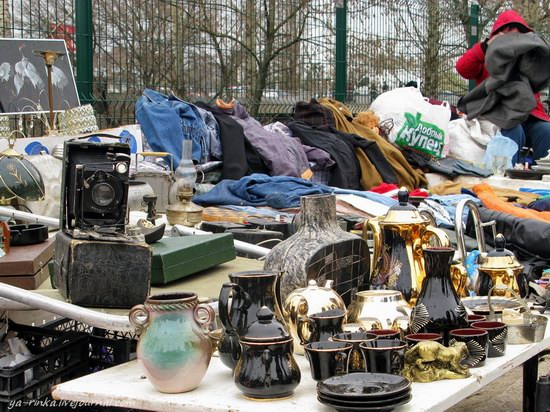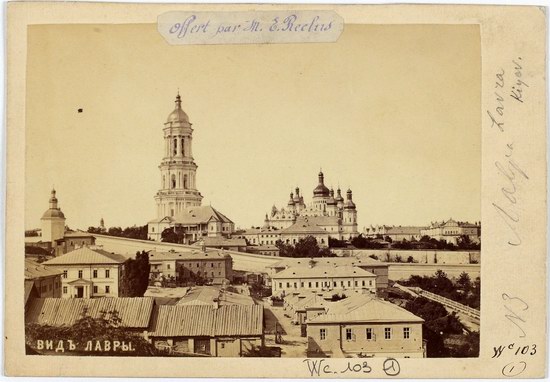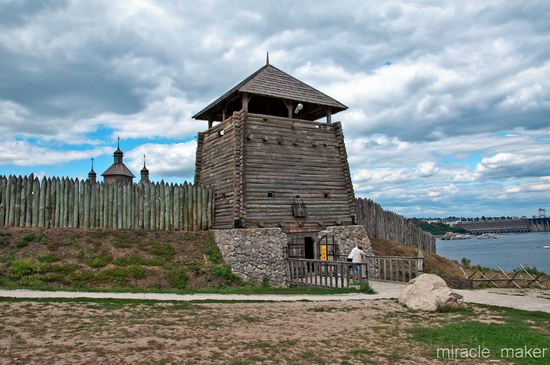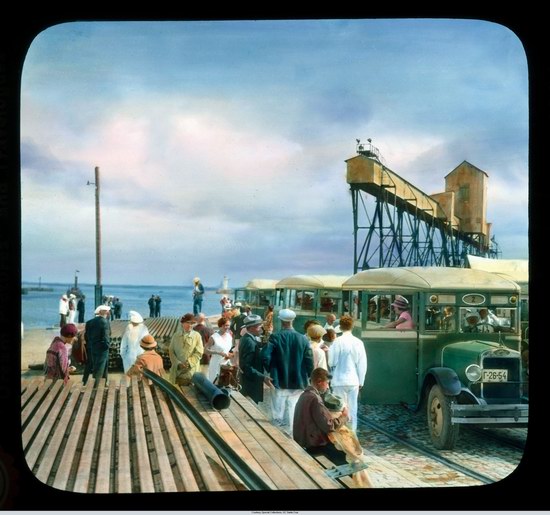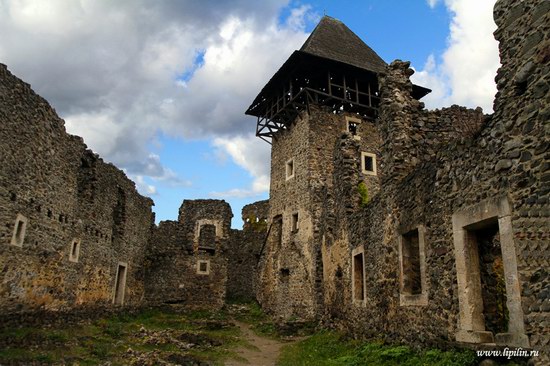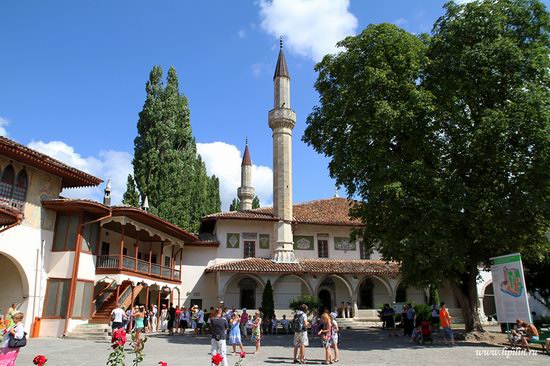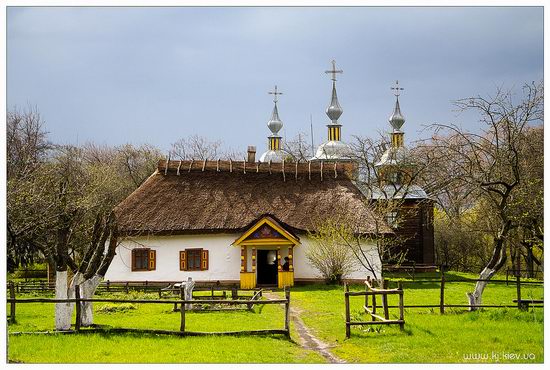CAT | History
24
The State Aviation Museum of Ukraine
No comments · Posted by Sergei Rzhevsky in Entertainment, History, Technology
The State Aviation Museum of Ukraine (Zhulyany) was opened in 2003. Today, this museum located in Kiev is the largest history and technology museum in the country. The exposure of the museum has nearly 70 planes and helicopters.
Of additional interest is the fact that the museum is located very close to the airport “Kiev” (Zhulyany), the runway lies only about 100 meters away behind a transparent wall. Photos by Valentin Rukomoynikov
Reconnaissance plane Anatra-Anasal (1917-1918)
6
Kharkiv during the German occupation in color
1 Comment · Posted by Sergei Rzhevsky in History, People, Photos
Even after many years the events of the Second World War are still interesting. Unlike earlier wars, this war left behind a huge amount of documentary photographs. Realistic color images that more accurately convey the atmosphere of this period are of particular interest.
Here is a series of photographs of Kharkiv occupied by German troops; most of the pictures were made in 1942. Some of the buildings in the photos are destroyed as a result of bombing and shelling. In 1943, a lot of the buildings will be destroyed, when the city once again will be the scene of fierce battles.
Tags: Kharkov city
28
Graffiti of Pripyat – the ghost town
1 Comment · Posted by Sergei Rzhevsky in Art, History, Travel
April 26, 1986, the most devastating accident at the nuclear power plant occurred. As a result, Pripyat, young and thriving Soviet city, was abandoned.
But its life goes on now in other forms – in forms of interesting and unexpected graffiti on the streets of a ghost town. Streets and avenues are almost completely overgrown with trees, the city is gradually destroyed.
Tags: Chernobyl · Pripyat city
If you like antiques or just the things from the recent past, then you might be interested in Kharkov flea market, which is one of the largest flea markets in Ukraine, along with the one in Odessa.
This place is located relatively far from the city center, near the central market of Kharkov (here is the approximate location of Kharkov flea market on Google Maps). Photos by ya_rinka
Tags: Kharkov city
14
Photos of Kiev in the late 19th century
No comments · Posted by Sergei Rzhevsky in Architecture, History, Photos
While the Russian Empire was coming to its end in the late 19th – early 20th century, the present capital of independent Ukraine was one of the most dynamic cities of the empire. Some of the new technologies were first introduced in Kiev and later extended to other imperial cities.
For example, in 1892, first in the Russian Empire electric tram appeared in Kiev; in 1902, the Kiev funicular was opened – the second funicular in the Russian Empire after the one in Odessa; the first stationary stadium in the empire was opened here in 1912; the same year, construction of Ginzburg skyscraper was completed – it was the tallest building in the Russian Empire.
Tags: Kiev city
10
Historical and cultural complex “Zaporozhye Sich”
No comments · Posted by Sergei Rzhevsky in Culture, History, Photos, Travel
Khortitsa is the largest island on the Dnieper River, located in the city of Zaporozhye below the DneproGES, unique natural and historical complex.
The island stretches from north-west to south-east, length – 12.5 km, average width – 2.5 km. In 2007, the island was named one of the “Seven Wonders of Ukraine.”
Tags: Zaporozhye city
30
The “color” photos of Odessa in 1931
No comments · Posted by Sergei Rzhevsky in Cities, History, Photos
In 1931, American photographer Branson DeCou visited Odessa and made a number of black-and-white photos, then he painted his slides. What was the need to paint the slides in the age of color photography is a mystery.
Obviously, he was rather an artist than a photographer. Branson tried to reproduce original colors on his slides.
These colorful slides could serve as an excellent illustration of the famous novel “The Golden Calf”, because its action took place in Odessa about this time. Pictures by visualhistory
Tags: Odessa city
11
The ruins of medieval Nevitsky castle
No comments · Posted by Sergei Rzhevsky in History, Photos, Regions
Nevitsky castle is a castle located near the village of Kamenica, Zakarpattia region, which is 12 km north-east of the regional center of Uzhgorod. The castle was built in the 13th century on the top of a hill above the valley of the river Uzh on the site of an earlier wooden fort.
In 1241, it was destroyed by the Mongol-Tatar hordes, but in the second half of the 13th century the castle was rebuilt. With the development of firearms, it was reconstructed several times and acquired its final shape in the early 16th century.
Tags: fortress · Zakarpattia oblast
6
The palace of the Crimean Khans
No comments · Posted by Sergei Rzhevsky in Architecture, History, Photos, Travel
Bakhchisaray Khan’s Palace, the former residence of the Crimean Khans, is a historical and cultural monument of world importance, the world’s only example of the Crimean Tatar palace architecture. The palace is part of Bakhchisaray Historical and Cultural Reserve located in Bakhchisaray town, Crimea.
Entry to the museum is free, but you need a guided tour to get inside the palace. The territory of the palace complex is 4.3 hectares. The architectural style of the palace continues the tradition of Ottoman architecture of the 16th-17th centuries. Photos by Alexander Lipilin
Tags: Crimea Republic
13
Museum of Folk Architecture and Life of Ukrainians
No comments · Posted by Sergei Rzhevsky in Architecture, History, Travel
Museum of Folk Architecture and Life of the Middle Dnieper is an open air museum, located on the outskirts of Pereyaslav-Khmelnitsky town (about 100 km from Kiev).
The museum presents a Ukrainian village of the late 19th – early 20th centuries, as well as buildings and monuments since the late Paleolithic period to the times of Kievan Rus. Thirteen thematic museums can be found on the territory of 30 hectares. Photos by Kirill Vyazankin
Tags: Kiev oblast · museum

